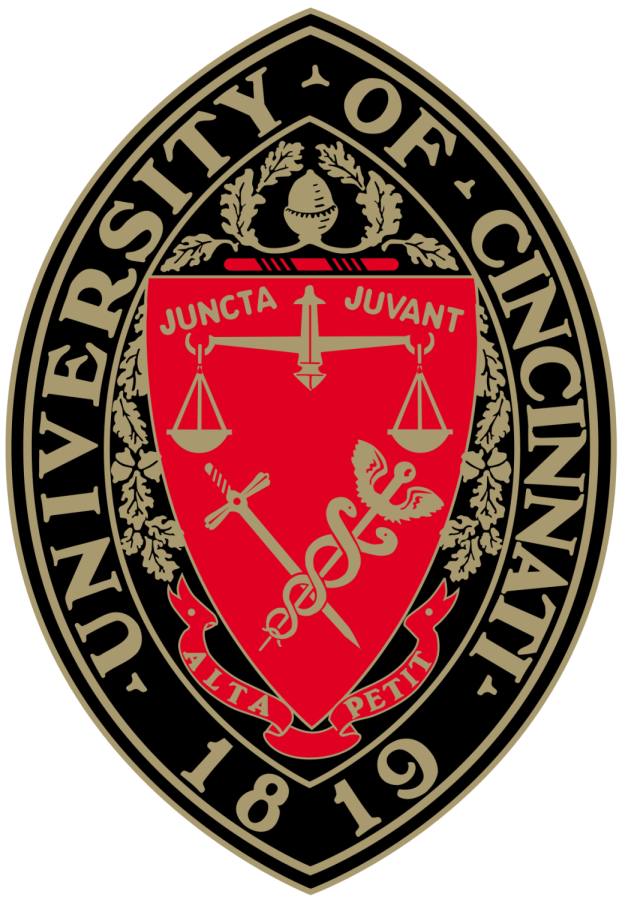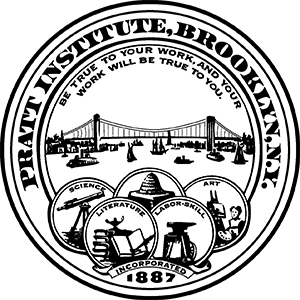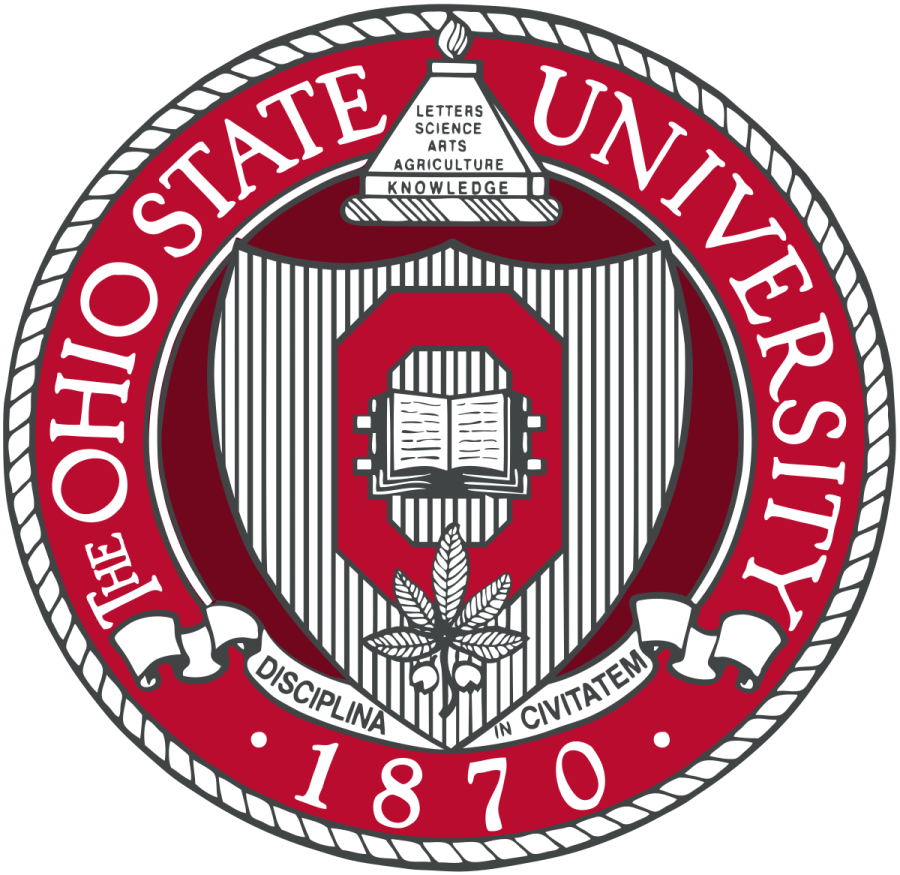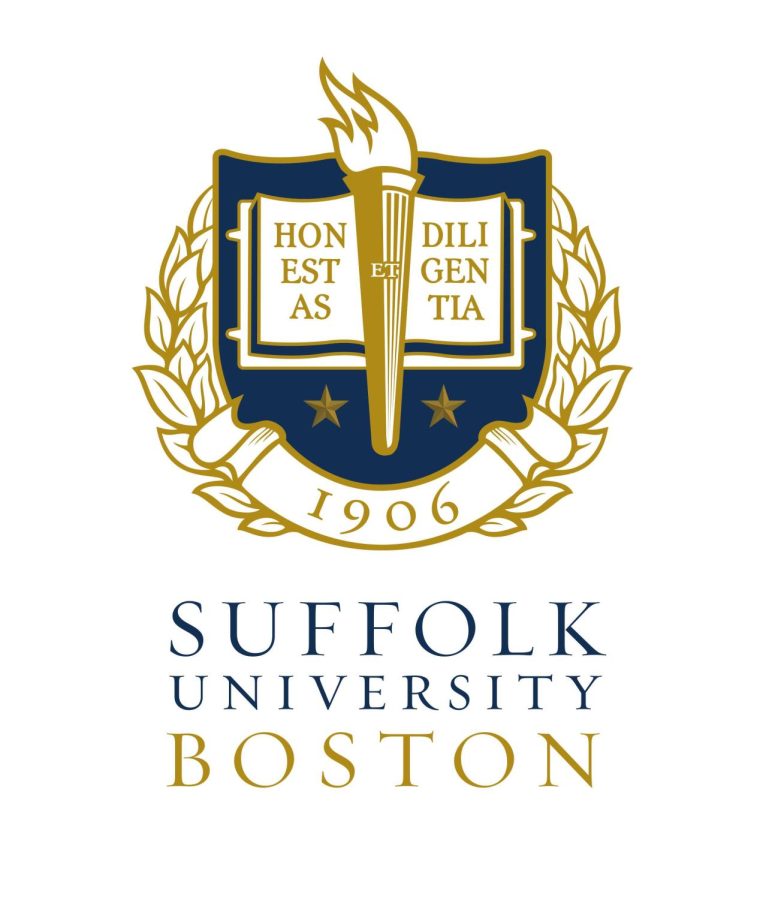Compiled by Kathryn Black, ’11, The Lens Section Editor
The last week of April finds the lockers of many CCDS seniors decorated with posters of the college they will be attending. As the long college selection process draws to a close, seniors reflect that the college essay was a significant part of the application process. Here is the college essay of senior Sebastian Koochaki who has decided to attend Yale University.
Sebastian Koochaki’s essay:
An introduction to organometallic chemistry for a naïve, sixteen-year-old hotshot should never come from a man with a Zimbabwean accent. “Grab a stopcog!” A brown, toxic solution would spill onto my arms and hands – a day’s work ruined. “Use an errenmier flak!” A thick cloud of sulfur gas floating by. Coughing. “Chlooorroform D, Chlorrrroform D!” Shattering glass.
I can remember back to my first day in that laboratory. Monday, June 16, 2008. I knocked on the door to an adjoining office. The professor answered his door, and there I stood – jeans, t-shirt, backpack, and that nervous, slanted smile of mine. He pulled me into his office and shuffled me back towards the lab. Along his office wall I could see a whiteboard containing equations of Greek letters and matrices – only some ancient foreign scrawls at the time. Then, out through the door, and there was the lab:
Walls lined with the some familiar but mostly unpronounceable chemicals that may have looked innocuous but could have really killed me. Complicated glass apparatuses that looked like they could shatter at any moment. Goggles, coats, gloves, mittens. Computer monitors upon monitors attached to nondescript, grey boxes that could unlock the secrets to an atom. And the mess of past, failed experiments – turquoise, neon green, red, orange-yellow solutions and crystals. All of this lying before my incredulous eyes.
Of course, I only had a few moments to take this all in before I was again pulled back into an office where I met Ronnie, a thirty year-old, black man from Zimbabwe. A man who had escaped the horrors of his country, struggled to obtain an education, embarked on a precarious journey to the United States, met the love of his life, married her, had his first child, and had come to the University of Cincinnati to obtain his Ph.D. in organometallic chemistry, studying the multi-electron transfer properties of platinum complexes for use in fuel cells. And yet, there I was. A naïve boy who lived in a nice home with a nice family in suburban America; who was privileged enough to attend one of the best schools in the country and the world; who knew nothing of diversity or of hardship; who enjoyed and took for granted all the freedoms his country afforded him; and who thought he knew the way the world worked. After that overwhelming first day, I went home and could only think, “What an unlikely pair.”
But, I worked with Ronnie that summer synthesizing novel compounds that had never even been made before. Those first, awkward, few days, Ronnie had to baby me and show me how to do literally everything so I would not blow something up or fill the lab with some noxious gas. However, I could barely understand him through his thick accent and foreign mannerisms, and, when working in a chemistry lab with explosive, corrosive, and expensive materials, you should always know what you are doing. I can remember the time when I grabbed the wrong sized “stopcock” that was to keep a solution in a flask and watched all of the solution that Ronnie had just worked on for over a week spill on to the counter top. Or, the time when I left a solution containing sulfur that was to evaporate out on the counter away from the fume-hood. The lab smelled like rotten eggs for a whole two days. Taking time away from his own work, Ronnie spent days trying to teach me what exactly we were trying to do, and I slowly came to understand and learn an incredible amount in those few weeks. I became humbled by the breadth of theoretical and practical knowledge that I did not know or even knew existed.
And yet, in between those times when I broke a ridiculous amount of glass or seared my skin with butyl-lithium, even though we spent hours upon hours together, we never had a chance to get to know each other – to really talk. One day in mid-July, a few of the other graduate students, Ronnie, and I sat around eating our lunch. Robert Gabriel Mugabe of Zimbabwe had just been re-elected president of Zimbabwe, and his corrupt government with all of its human rights abuses was the top news story. Someone at that lunch table (I cannot remember who, but will forever be thankful to them) prompted Ronnie to talk about what life was like in Zimbabwe. He told stories of political imprisonments and tortures, of hyperinflation so high that they were starting to print 1,000,000,000 dollar bills and women had to carry barrels of money to buy anything, of men and women who had to hoard gas and risk being murdered for or blown up by that precious black gold, of unpaved roads that were too dangerous to even drive on, of villages without potable water. This was his country, the country in which he grew up and overcame adversity to come to the United States for good education and the possibility of a better life. This man did not just show me how acetylpyridinepyridinium can be turned into phenyl bipyridine or how a proton nuclear magnetic resonance spectrum works. In that moment, he showed me what it was to be human – to have life that did not always go as planned but to find a way around that adversity and make the most of our too few and precious years on earth.
That’s when I realized why I loved chemistry and why I loved life. At their cores, they both rely on the theoretical and the practical. There is that theoretical side – what should work, what should get you where you want to go – and then that practical side – what actually works – that meld and mix together to produce chemistry and life. What I had thought for so long to be the way the world worked was an idealized, theoretical hypothesis only tested from my own vantage point. That summer, Ronnie had exposed me to the practical side of both life and chemistry, forcing me to examine my own life in perspective. In between the sounds of shattering glass and the pernicious fumes from chemical reactions, I found that, if I want to succeed in life, I have to take nothing for granted, assume the worst, and test and mix a few things together, whether life, love, or chemicals, to find out what works best for me. On my final day in the lab that summer, even though I simply shook Ronnie’s hand, I can still hear his last words to me over and over in my head: “Goood lukk.”
Photo by Kathryn Black, ’11, The Lens Editor








